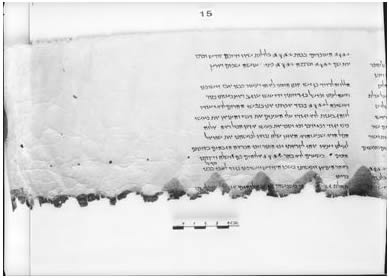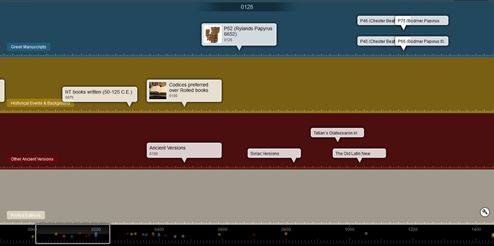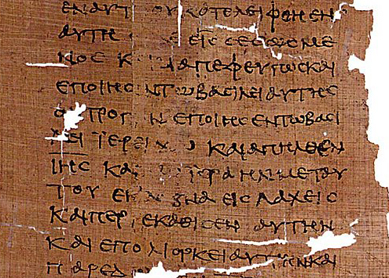The Syriac Bible is the Bible translated from Greek into Syriac. And Syriac is important because it is the dialect of Aramaic that survived after Christ, so, Jesus spoke a dialect of Aramaic and the only major Aramaic, Christian tradition to survive after him is in Syriac. The Syriac Bible is also important because it represents the scripture that many Christians throughout the Middle East read and worshipped from in antiquity.
Syriac is also important because it was Syriac rather than Greek that was spoken throughout much of the Middle East by the native Christian populations. And, Syriac was the lingua franca, the common language that was spoken in places like Syria, Iraq, Transjordan, Palestine, Arabia, right up until Islam, when Arabic started spreading in its place.
The Syriac Bible is also important because of its relationship to the Qur’an. There has been a trend recently in Qur’an scholarship to study the Arabic text of the Qur’an, not alongside the Greek text of the Gospels, but the Syriac; and the reason is because the language of the Syriac Gospels is significantly closer to the Arabic of the Qur’an—again, because it is a Semitic language—but also because of the shared traditions and cultural continuity between Syriac-speaking Christians within Arabia and further north.
The Syriac Bible and by extension, Syriac Christian literature, has been significantly underestimated within the academy for decades. Recently, because especially of Qur’anic studies, the Syriac Bible has renewed importance and we find, increasingly, that students and scholars of the Bible need to learn Arabic and students and scholars of the Qur’an need to learn Syriac.



